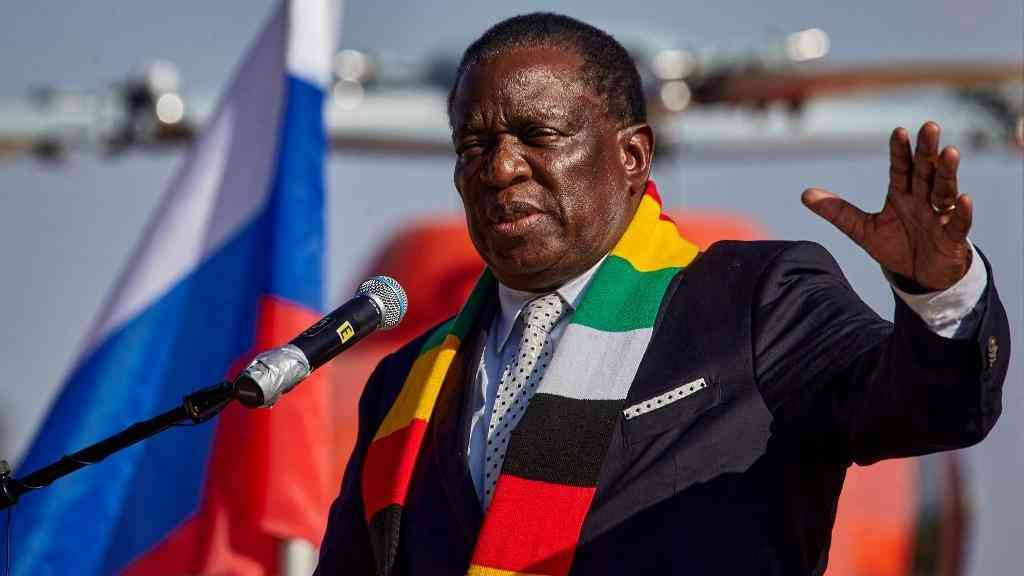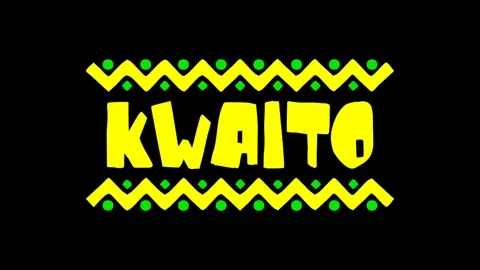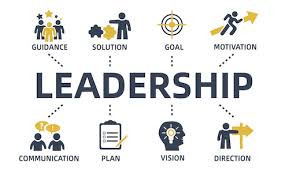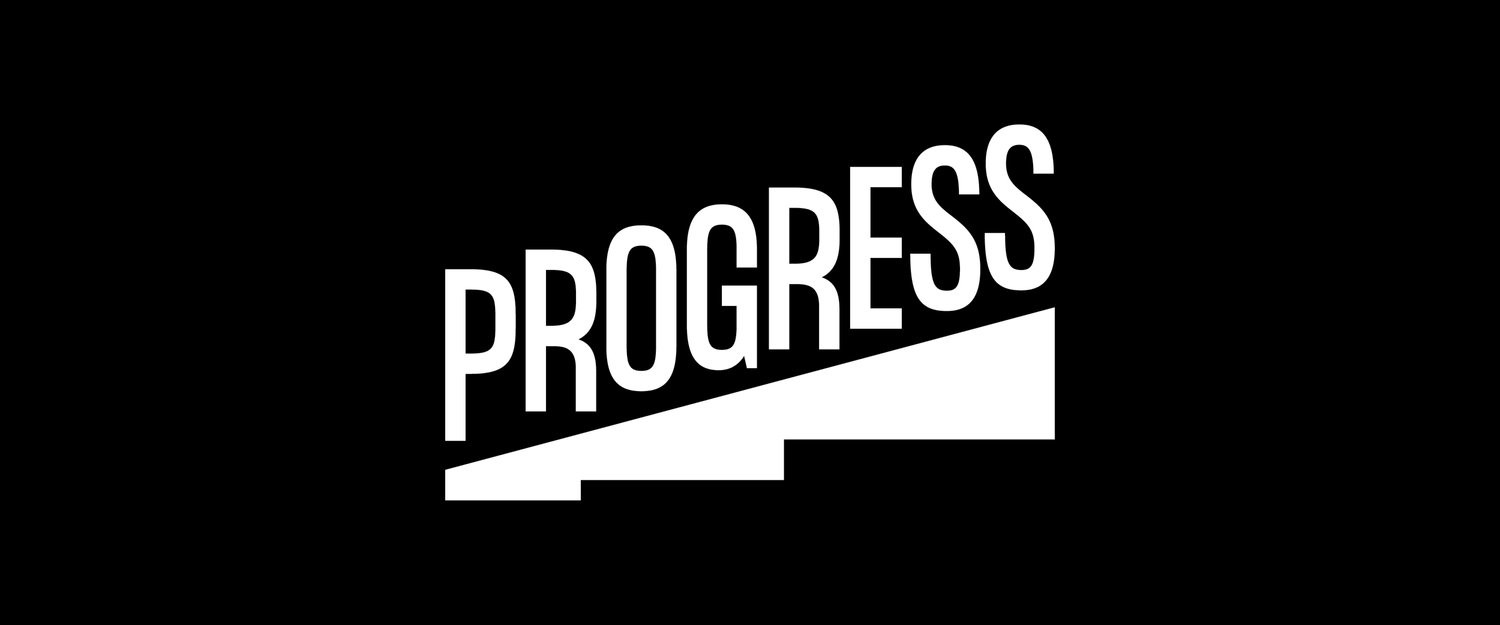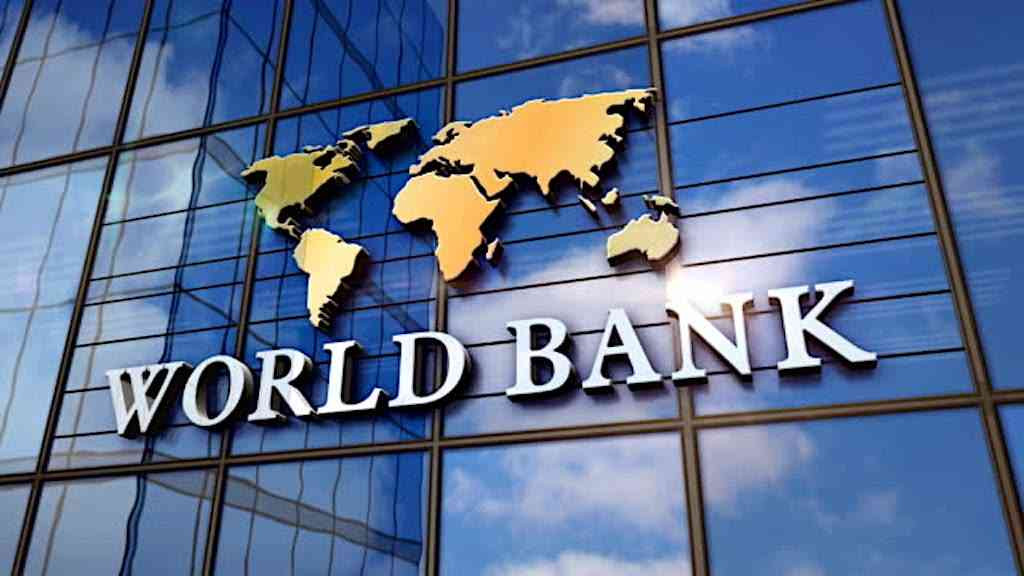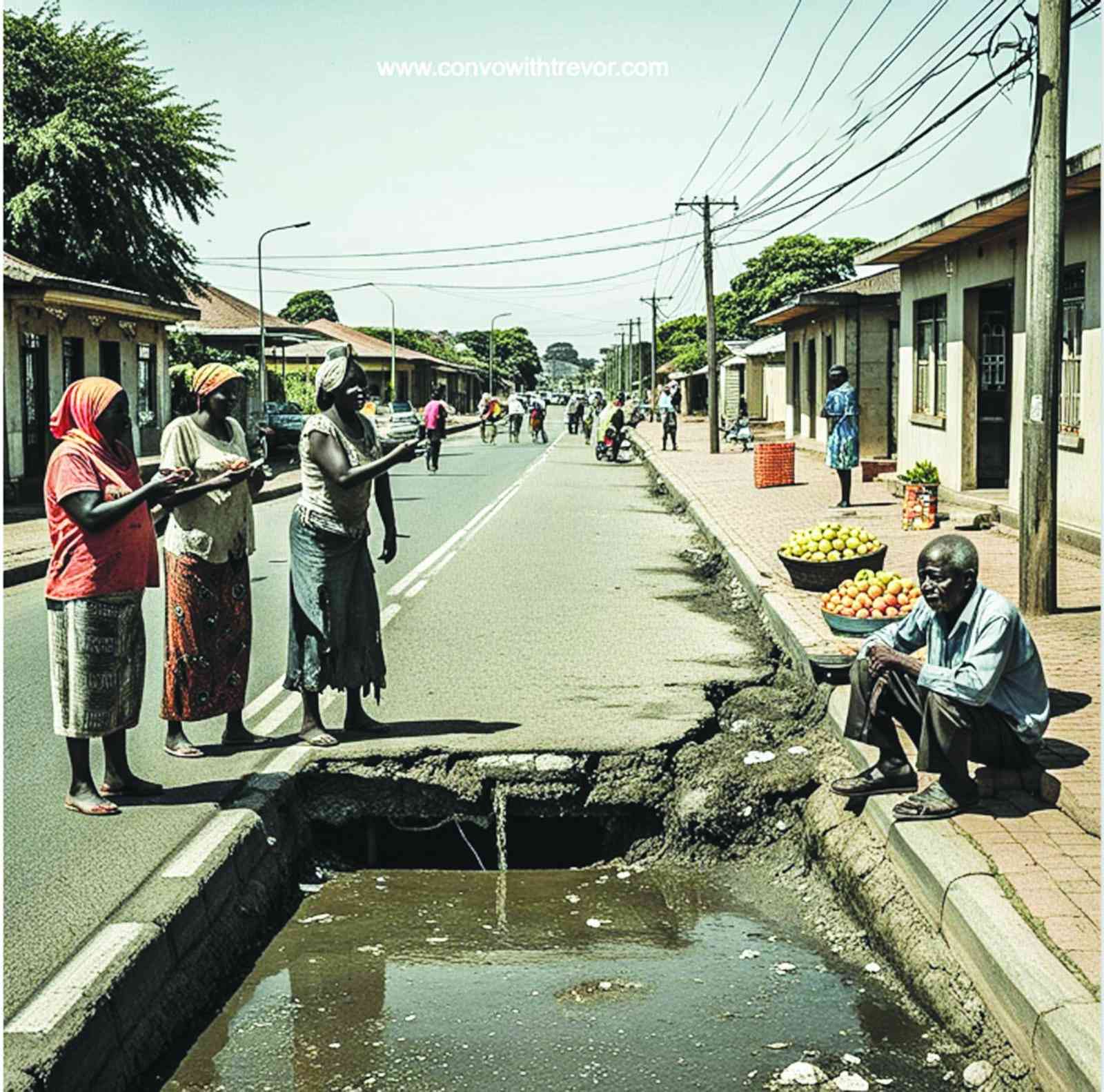
THE numerous struggles the majority of Zimbabweans endure are written large on their faces.
Their melancholy, sorrowful gait and the manner of dress for the majority betrays a life on the margins of existence.
Unless one is heartless it is not easy to look the other way when the evidence of suffering and poverty jabs stare so pointedly.
The suffering of our people pulls at the heartstrings and its enormity is overwhelming.
My daily commute exposes me to the drudgery that life has become for the majority.
The following daily encounters remind me that my compatriots eke out a tough existence and that we are a broken people:
- The security guards making their way back home with bicycles laden with firewood communicate the priorities of their existence.
Imagine a bread winner, who sees firewood as a priority in this day and age. This is gut wrenching stuff that gnaws at your conscience.
- The many children of school-going age waiting to make money from stray balls outside a golf course tell the story of a lost generation.
Many others loiter aimlessly while the “fortunate” make their way to our crumbling education system.
- Mbavara eyes to resurrect Matavire’s music legacy
- Zim exiles panic over SA permits
- Zim exiles panic over SA permits
- Social media platforms should act on hate speech
Keep Reading
- Children, men and women carrying plastic buckets full of water on their heads, bicycles and wheelbarrows have been forgotten by our society and are victims of government and council failures to provide clean potable water to the majority of the citizens.
The acute water shortages the nation is facing constitute one of the biggest threats to our social fabric.
- The many dilapidated water tankers crisscrossing the leafy northern suburbs are a sign that none of us is immune from the infrastructural poverty afflicting the poorest in society.
The groundwater sources are threatening to give up. Then what? Soon there might not be any difference between those who can afford boreholes and those who can’t.
- Growing up in rural Gwanda 52 years ago, it was normal to see women carrying clothes for washing by the river.
How is it that we are back there with our mothers and sisters doing the same in urban areas? In this, as in so many other aspects of life, we have regressed as a nation.
- My heart grieves at the sight of young girls turned teenage mothers. Only last month, a 16-year-old eloped with a 24-year-old boyfriend.
This happens almost daily in our society. The strained and extended family unit cannot cope.
- Lately, in my neighbourhood, I have started noticing people scavenging and eating from trash bins. Few conditions scream poverty and desperation beyond this.
The other day, the scavengers’ condition contrasted sharply with a VVIP motorcade cruising and demanding more road than is allowed to commoners.
How is it that those who are supposed to do something about the economic collapse, suffocating poverty, high levels of unemployment, homelessness, drug abuse and teen pregnancies to mention a few, pretend and claim that all is well.
Surely this crushing poverty and social decay must be visible even to those in air conditioned and bullet-proofed cars.
It must pierce through the tinted and curtained SUV and limousine windows.
Are their hearts so calloused that they are inured from this tragic human suffering?
Or their reality is so removed from the majority?
Perhaps their unrestrained power and the comfort from their filthy lucre shields them from this human suffering.
Much more importantly, why is it that we all put up with this tragic existence for the majority of our people?
Why do I and all the leaders in business, faith-based organisations and civil society put up with this dehumanising existence of our compatriots?
The answer is fear. Fear of violence of the state and fear of being thrown into prison by a captured judiciary.
It is the fear of losing the little that we have. It is also the comfort of the selfishness of “I am OK. I don't know about you.”
So, what must be done?
The starting point is an acknowledgement that we are collectively a broken society.
Politics brought us here and politics as usual is not the answer. Violence is not the answer either!
The ruling party is corrupt, visionless and soulless. The opposition body politic has mimicked Zanu PF to its death.
Zimbabwe needs an all-stakeholders conference to define the building blocks of a new, inclusive and resilient society.
The wholesale collapse of national institutions and infrastructure will not be fixed by one individual or a faction in politics.
The erosion and degradation of our moral, cultural and social values are far gone to be outsourced to self-interested politicians.
Zimbabweans must craft a new social contract and new inclusive rules of political engagement and press the reset button.
- Trevor Ncube is chairman of Alpha Media Holdings and host of ICWT

